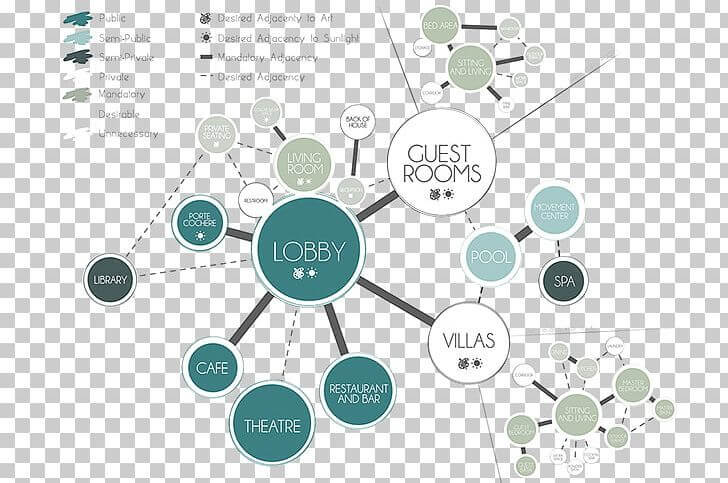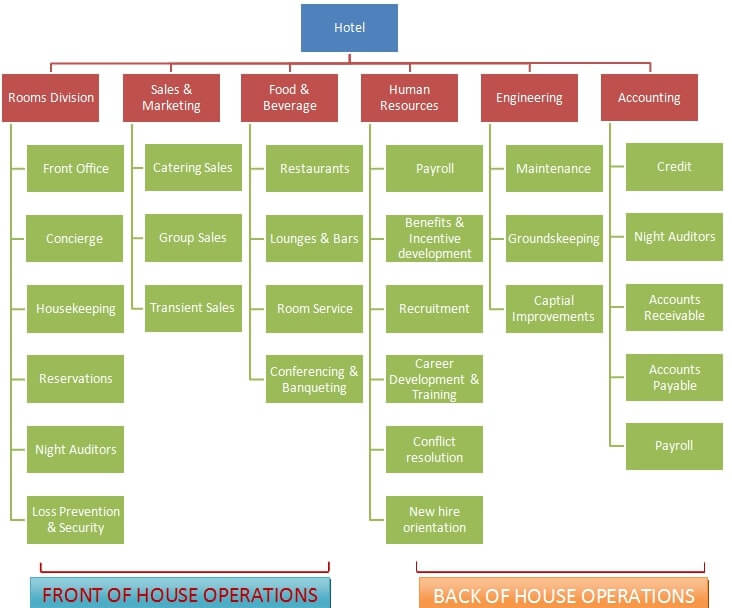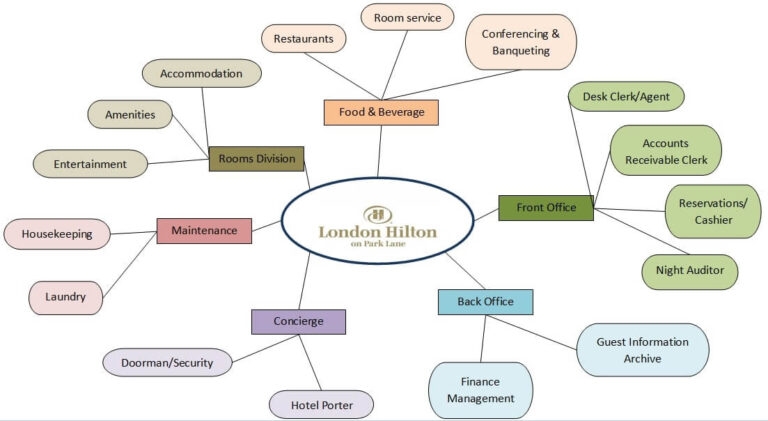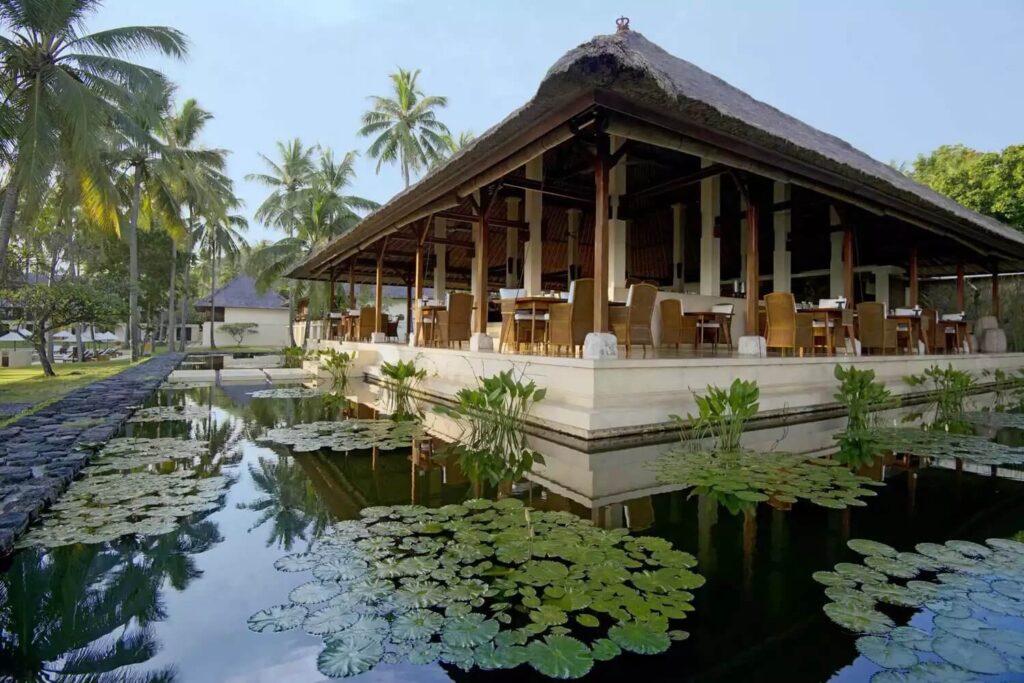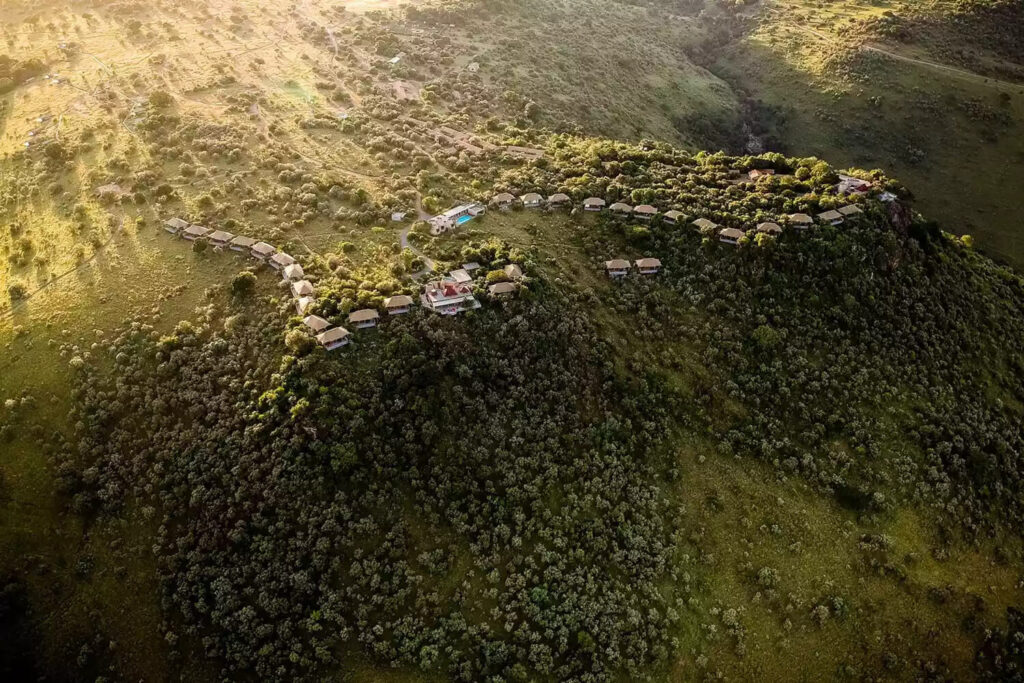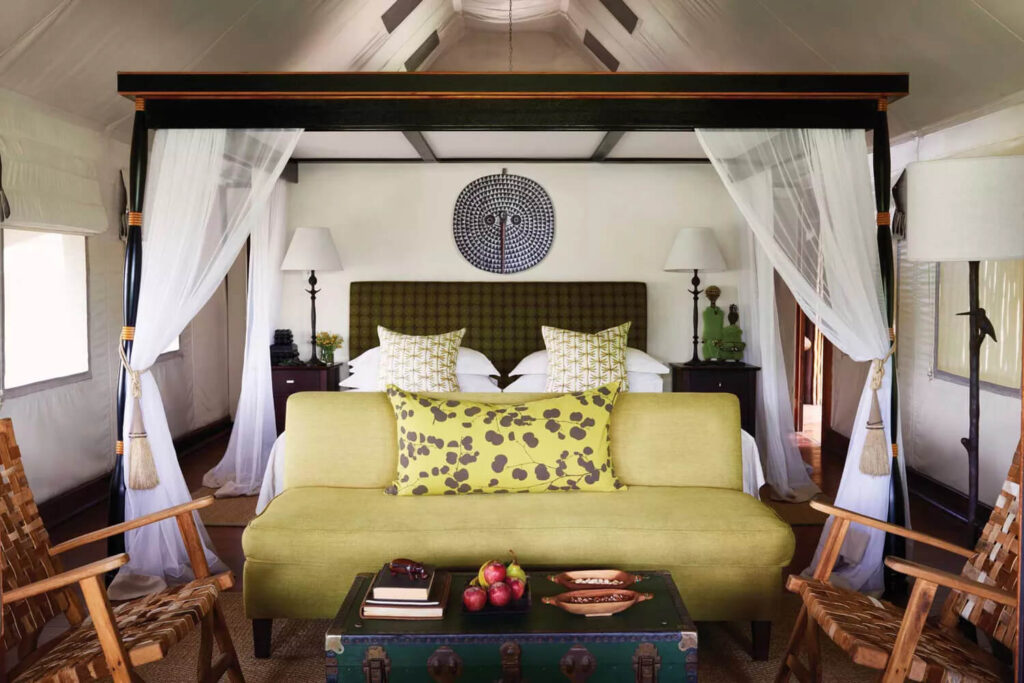Back of house spaces play a crucial role in the successful operation of a hospitality establishment. These spaces are typically behind the scenes and are not visible to guests, but they are essential to the smooth running of the front of house operations. Proper planning and design of these spaces can greatly impact the overall guest experience.
One important aspect to consider when designing back of house spaces is their interrelationship with each other. For example, the laundry room and staff uniform issue area should always be located next to each other. This allows for easy access to clean uniforms and a convenient location for dirty ones to be dropped off for washing. Similarly, the garbage room and refrigerated garbage room should always be located near the loading bay. This reduces the amount of time and effort needed to transport waste from the kitchen to the designated disposal area.
Another important factor to consider when designing back of house spaces is their layout and organization. These areas should be designed with efficiency and functionality in mind. Adequate storage space, proper ventilation and lighting, and easy to clean surfaces are all important elements to include in these spaces. Additionally, the use of durable materials and equipment will help to reduce maintenance costs and downtime in the long run.
Overall, the design and interrelationship of back of house spaces can greatly impact the overall guest experience. By ensuring that these spaces are functional, organized, and efficient, hospitality establishments can provide a seamless and enjoyable experience for their guests. It is essential that these areas are given the proper attention and consideration during the design and planning stages to ensure a successful and profitable operation.
